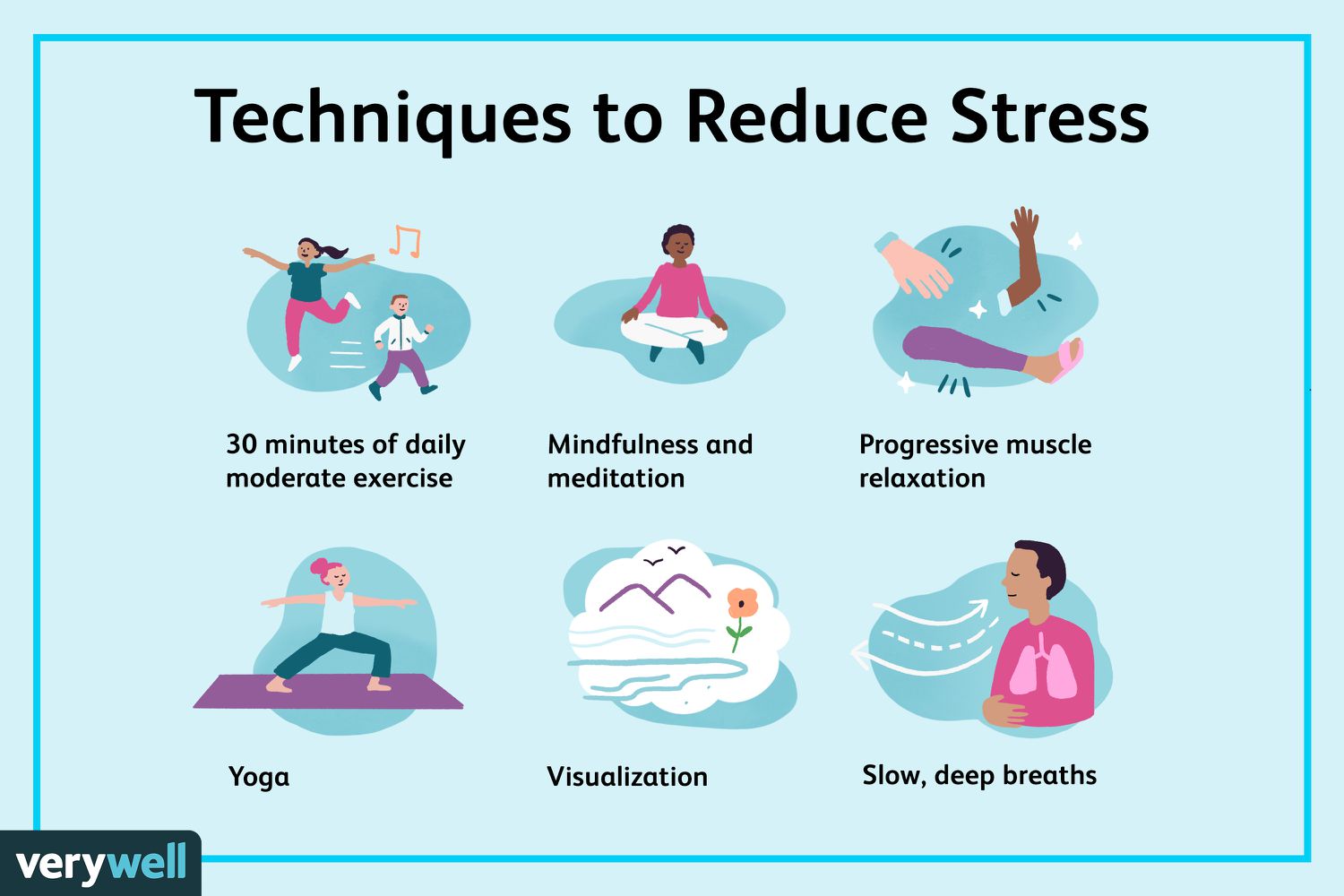Healthy Sleep Habits: How to Improve Your Sleep Quality Naturally
Sleep is essential for overall health and well-being, yet many people struggle to get enough quality sleep each night. Poor sleep can negatively impact mood, cognitive function, and physical health, leading to a host of health problems. Fortunately, there are several strategies you can implement to improve your sleep quality naturally. In this article, we’ll explore the importance of healthy sleep habits and provide practical tips to help you achieve restful and rejuvenating sleep.
## Why Sleep Quality Matters
Before delving into sleep habits, let’s first understand why sleep quality is crucial for health:
### 1. Cognitive Function
Quality sleep is essential for cognitive function, including memory, concentration, and decision-making. Lack of sleep can impair cognitive performance and lead to difficulty focusing, memory lapses, and decreased productivity.
### 2. Mood Regulation
Sleep plays a vital role in regulating mood and emotions. Chronic sleep deprivation is associated with an increased risk of mood disorders such as depression and anxiety. Adequate sleep helps maintain emotional stability and resilience to stress.
### 3. Physical Health
Sleep is essential for physical health and immune function. Poor sleep has been linked to an increased risk of chronic health conditions such as obesity, diabetes, heart disease, and weakened immune system. Quality sleep promotes physical recovery, hormone regulation, and cellular repair.
### 4. Overall Well-being
Quality sleep is fundamental to overall well-being and quality of life. It enhances energy levels, promotes physical vitality, and supports emotional balance. Getting enough restful sleep is essential for feeling refreshed and rejuvenated each day.
## Tips for Improving Sleep Quality Naturally
Now that we understand the importance of sleep quality, let’s explore some practical tips to help you achieve better sleep naturally:
### 1. Establish a Consistent Sleep Schedule
Maintaining a regular sleep schedule helps regulate your body’s internal clock and improve sleep quality. Go to bed and wake up at the same time every day, even on weekends. Consistency reinforces your body’s natural sleep-wake cycle, making it easier to fall asleep and wake up feeling refreshed.
### 2. Create a Relaxing Bedtime Routine
Establishing a calming bedtime routine signals to your body that it’s time to wind down and prepare for sleep. Activities such as reading, taking a warm bath, practicing relaxation techniques like deep breathing or meditation, and gentle stretching can help promote relaxation and prepare your mind and body for sleep.
### 3. Create a Comfortable Sleep Environment
Optimize your sleep environment to promote restful sleep. Keep your bedroom cool, quiet, and dark, and invest in a comfortable mattress and pillows that support your body. Remove electronic devices such as TVs, smartphones, and computers from the bedroom, as they can disrupt sleep with their blue light emissions and stimulating content.
### 4. Limit Exposure to Screens Before Bed
The blue light emitted by screens can suppress the production of melatonin, a hormone that regulates sleep-wake cycles. Limit exposure to screens, including smartphones, tablets, computers, and TVs, at least an hour before bedtime. Instead, engage in relaxing activities that promote sleep.
### 5. Watch Your Diet and Hydration
Avoid heavy meals, caffeine, and alcohol close to bedtime, as they can disrupt sleep. Instead, opt for light, easily digestible snacks if you’re hungry before bed. Stay hydrated throughout the day, but avoid excessive fluid intake close to bedtime to prevent disruptions from nocturnal bathroom trips.
### 6. Stay Active During the Day
Regular physical activity promotes restful sleep by reducing stress, anxiety, and tension. Aim for at least 30 minutes of moderate to vigorous exercise most days of the week. However, avoid vigorous exercise close to bedtime, as it can be stimulating and interfere with sleep.
### 7. Manage Stress and Anxiety
Stress and anxiety can interfere with sleep quality, making it difficult to fall asleep or stay asleep. Practice stress-reducing techniques such as deep breathing, meditation, progressive muscle relaxation, or mindfulness to promote relaxation and calm your mind before bed.
### 8. Limit Naps During the Day
While short naps can be beneficial for some people, excessive daytime napping can disrupt nighttime sleep. If you need to nap during the day, limit it to 20-30 minutes and avoid napping late in the afternoon or evening.
### 9. Consider Sleep Supplements or Natural Remedies
Certain supplements and natural remedies may help promote sleep, such as melatonin, magnesium, valerian root, chamomile tea, and lavender essential oil. Consult with a healthcare professional before using supplements, especially if you’re taking medications or have underlying health conditions.
### 10. Seek Professional Help if Needed
If you consistently struggle with sleep despite implementing healthy sleep habits, consider seeking professional help from a healthcare provider or sleep specialist. They can assess your sleep patterns, identify underlying sleep disorders or medical conditions, and recommend appropriate treatment options.
## Conclusion
Quality sleep is essential for overall health and well-being. By incorporating healthy sleep habits into your daily routine, you can improve your sleep quality naturally and enjoy the numerous benefits of restful and rejuvenating sleep. Establish a consistent sleep schedule, create a relaxing bedtime routine, optimize your sleep environment, and prioritize stress management and relaxation techniques. Remember that improving sleep quality is a gradual process, so be patient and persistent in implementing these strategies. With time and commitment, you can achieve better sleep and wake up feeling refreshed and energized each day.









